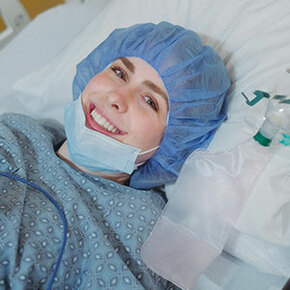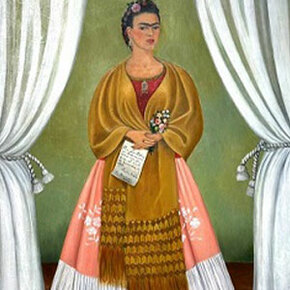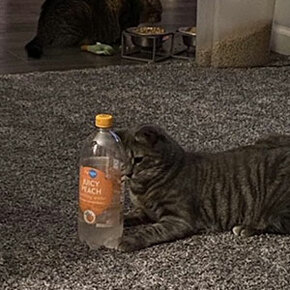
This Astrobiologist Tried Cooking Food In Antarctica At -94ºF (-70ºC), Gets Hilarious Results
Working in Antarctica can get hard – it’s cold, dry and the weather hurts your face. That’s why Cyprien Verseux, an astrobiologist and glaciologist currently stationed there, thought of a creative way to make life in this remote place more interesting.
Cyprien and 12 other people are currently located in the Concordia Station – the most remote scientific base in the world. “Nine months a year, during the winter, it cannot be left or reached,” said the astrobiologist in an interview with Bored Panda. “It is the coldest area on Earth, with temperatures reaching below -80°C in winter.” But despite these extreme conditions, this remote base attracts researchers from many different fields. You can read more about the scientist’s experiences in his blog.
In Concordia, the scientists do research on climate change – how it changed in the past and what we can expect in the future. “It is thanks to the EPICA project conducted here that we know that greenhouse gas levels, specifically carbon dioxide and methane, have never been so high in at least the past 800 000 years,” says Cyprien.
To get away from the monotony of this snowy desert, he thought of a creative and funny way to fight boredom – he started ‘cooking’ food outside in the freezing conditions. From frozen pasta to ice cold eggs – you won’t see this anywhere else in the world.
Check out Cyprien’s creative ‘cooking’ in the gallery below!
Cyprien Verseux is an astrobiologist and glaciologist currently working in the Concordia station – the most remote scientific base in the world

He keeps a blog where he shares his experiences of working in this extreme environment


To get away from the monotony of this snowy desert, he thought of a creative way to fight boredom – he started ‘cooking’ food outside in the freezing conditions


You won’t see food ‘cooked’ like that anywhere else in the world!


‘Cooking’ in these conditions is no walk in the park!


“It is in the coldest area on Earth, with temperatures reaching below -80°C in winter,” Cyprien said in an interview with Bored Panda


“We saw the Sun again in August after 3 months without it ever passing the horizon. The air is extremely dry and poor in oxygen”


“We run out of fresh food early in the winter (as we have no resupply from early February to early November), so we eat mostly frozen food”


“We are currently 13 people. Technicians, scientists, a cook and a medical doctor”

“In spite of being in an inhospitable desert, Concordia is highly attractive to researchers from different fields such as astronomy and human physiology”

“We are using it to study human adaptation to what is very similar to future conditions of a Moon or Mars base”

“Also, thanks to a project conducted here, that we know that greenhouse gas levels have never been so high in at least the past 800 000 years”

People on the internet shared their thoughts























Got wisdom to pour?